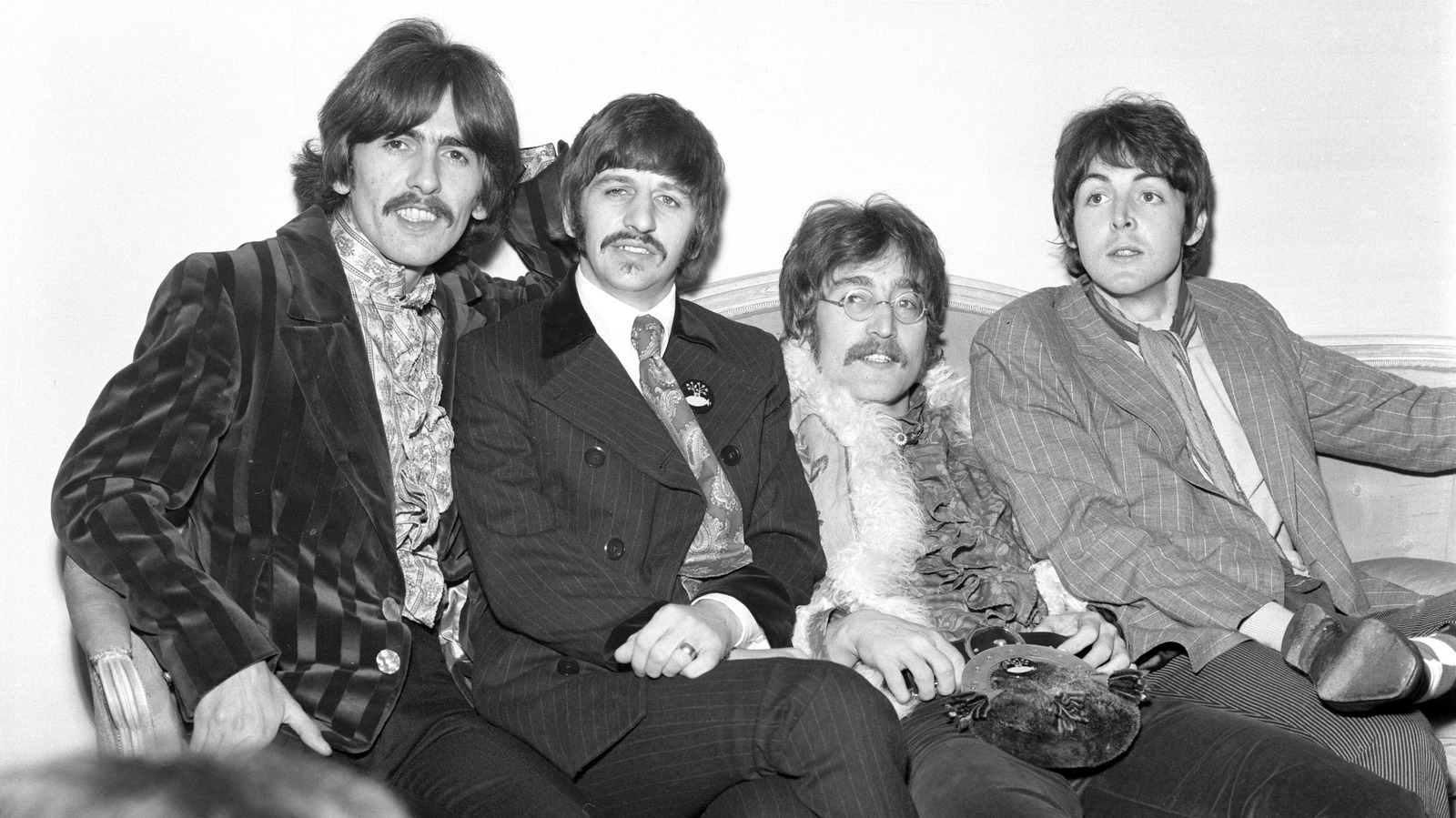
Director Peter Jackson explained to Guitar.com that once the machine-learning technology understood what the various instruments sounded like, be it a guitar, human voice, bass, or drums, it could separate them, even on a mono track. “So the big breakthrough for us was actually not [restoring] the pictures, even though that’s what you obviously look at, it was the sound. The way that we managed to split off the mono recordings in the mouldable tracks,” he told the site.
Read Related Also: How Generative AI Threatens $68 Billion SEO Industry
This breakthrough technology later helped producer Giles Martin to remix the Beatles’ 1966 album “Revolver,” per Vulture. Because the original masters included some instruments recorded on a single track, it had previously been impossible to change the sound levels of the individual instruments, but the AI software could do it. “It’s like you giving me a cake, and then me going back to you about an hour later with flour, eggs, sugar, and all the ingredients to that cake, that all haven’t got any cake mix left on them,” Martin told Rolling Stone.





